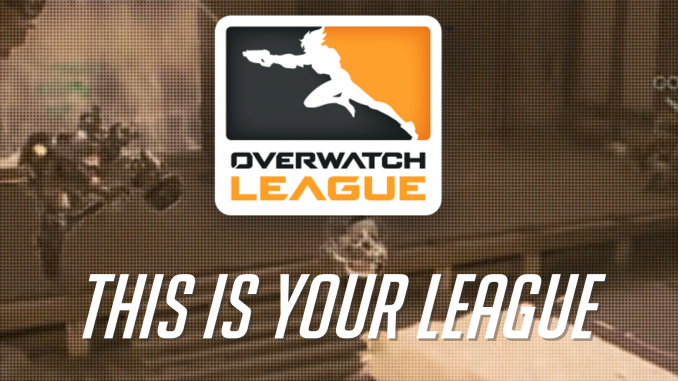
Today Activision Blizzard, Inc. brought sports franchising to esports with the announcement of the sale of the first Overwatch League teams seven entrepreneurs. The seven teams will be located in the following ciites: Boston, New York, Los Angeles, Miami, San Francisco, Shanghai, and Seoul.
The team owners include:
· Robert Kraft, Chairman and CEO of the Kraft Group and the New England Patriots (Boston)
· Jeff Wilpon, Co-Founder and Partner of Sterling.VC and COO of the New York Mets (New York)
· Noah Whinston, CEO of Immortals (Los Angeles)
· Ben Spoont, CEO and Co-Founder of Misfits Gaming (Miami-Orlando)
· Andy Miller, Chairman and Founder of NRG Esports (San Francisco)
· NetEase (Shanghai)
· Kevin Chou, Co-founder of Kabam (Seoul)
What is Sports Franchising?
Sports franchising is a concept that is almost uniquely North American, as it is the base for most of the most popular sports in the United States. Professional sports leagues in the US typically are made up of a set number of clubs or organizations that are known as “franchises”. The franchises hold territorial rights over major metropolitan areas, thus eliminating other clubs that may want to operate in that space. This limits the number of new teams coming into the sport, and also ensures the existing organizations will have a built-in regional fanbase because they have a monopoly over the region.
New teams can enter an existing region, but it’s not easy. A new team can enter the scene after getting the approval from the current members of the league and buying a spot in league if the league agrees to an expansion (Example: The New York area has both the NY Knicks and the Brooklyn Nets in the NBA).
A franchise taking over a region means their teams are guaranteed to exist in the league each year without fears of relegation or dissolution due to poor results. The consistency can make some teams perennially non-competitive, but it can also foster a strong connection with the team’s supporters since they know the team will definitely exist for as long as the league exists.
The league clubs are usually subject to league regulations, and usually play competitive games only teams from their own league (though show matches with teams from around the world usually happen throughout the year).
Overwatch League Franchising
“Overwatch is a game about a diverse group of international heroes who fight for an optimistic vision of the future, and the Overwatch League is an extension of that spirit,” said Mike Morhaime, CEO and co-founder of Blizzard Entertainment. “We’re building this league for fans – esports fans, traditional sports fans, gaming fans – and we’re thrilled to have individuals and organizations who are as passionate about professional competition as we are, and who have extensive experience in all three fields, representing our first major international cities in the league.”
The Overwatch League is being touted as the first attempt at esports city franchising on a major scale, and the league has promised to push for developing those key regional fanbases that could keep a franchise afloat during lean times. Eventually each team will have a local venue that they can call home, so there will be “Home” and “Away” games that the players have to travel to in the future. For the first season, all League matches will be played in one arena in the Los Angeles area on Thursdays, Fridays, and Saturdays.
After putting a lot of money into arenas, players, and fanbase development, the team owners will hope to cash in on advertising deals as well as ticketing and broadcasting rights for the Overwatch League. The broadcasting rights could be a tricky situation if its handled in the way most regional sports broadcasts are handled in the US (non-regional outlets are blocked by some cable or satellite providers outside of the region). Teams will keep all of their local revenue up to a set amount, and any extra revenue will go into the league’s shared pool. Fifty percent of the League merch sales will go to the team owners, while the rest goes into the aforementioned shared revenue pool. The teams will also be allowed to monetize and operate up to five amateur events in their region each year: another chance to boost local popularity.
Right now there is no set start date for the league, and a date for the preseason player draft is up in the air as well. Now that the distribution of money has been sorted, the distribution of players must begin.

